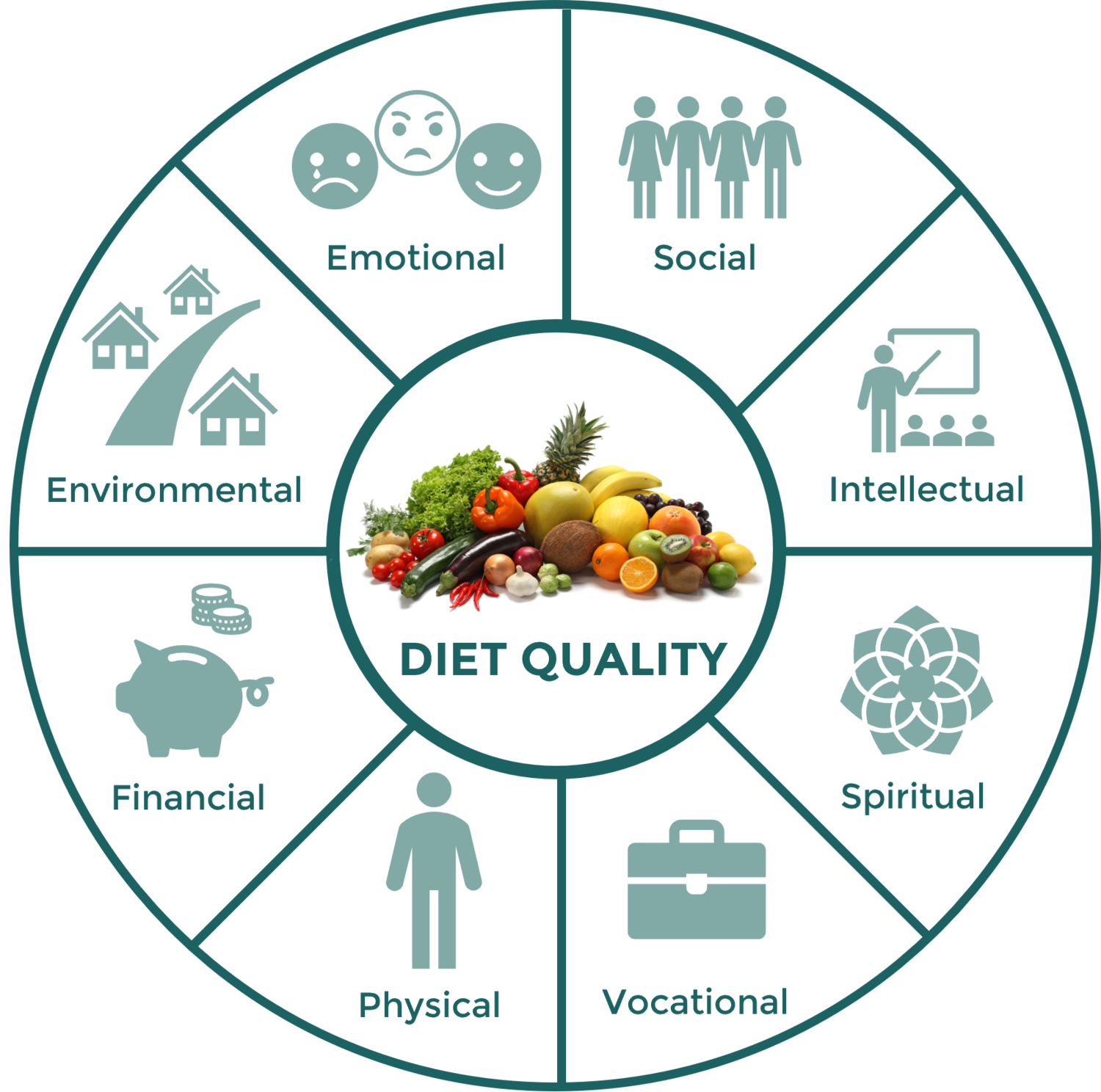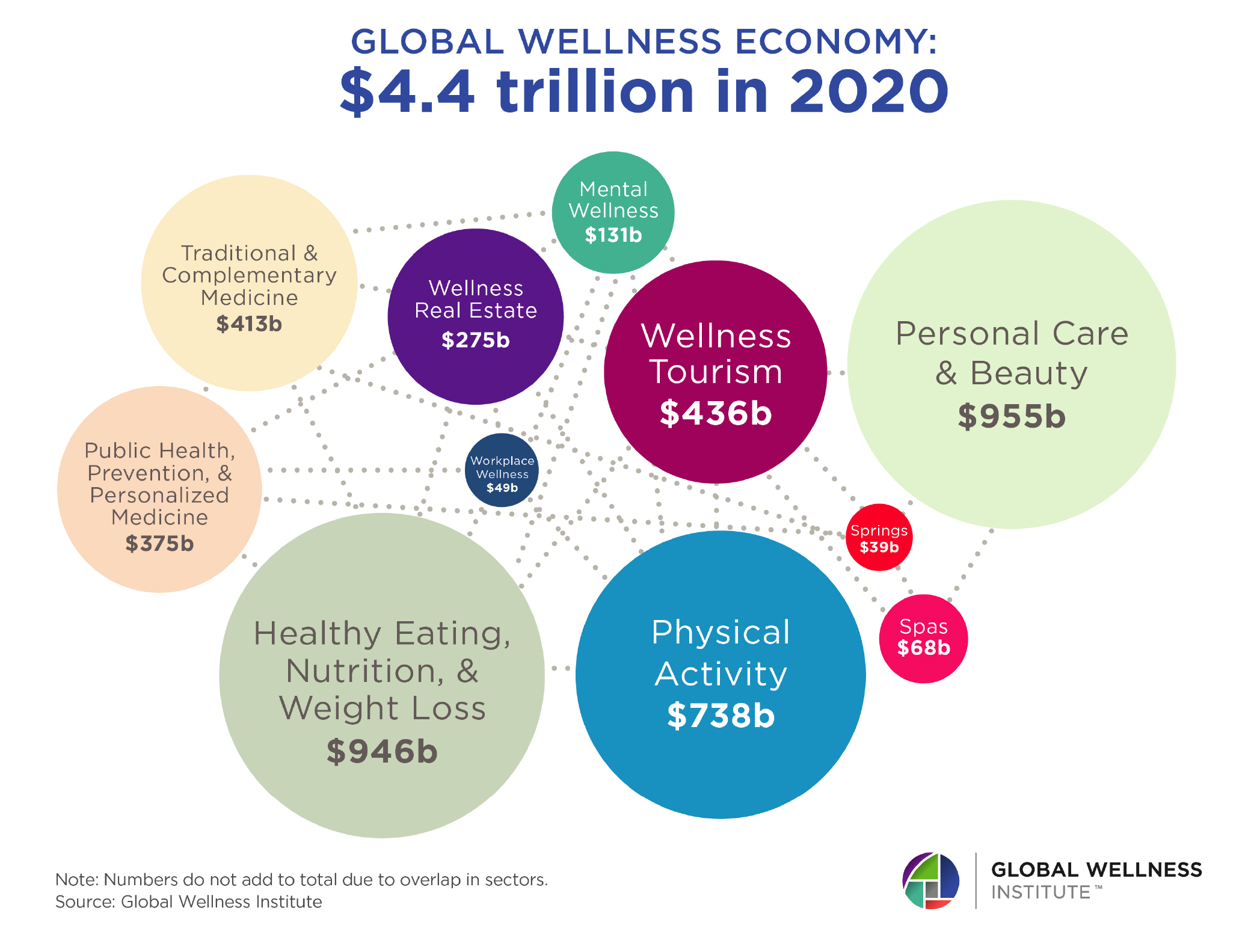Introduction
Good nutrition is essential for maintaining optimal physical health, but its impact on mental health and wellbeing is often overlooked. The food we consume not only fuels our bodies but also affects our brain chemistry and overall mental state. In recent years, there has been growing evidence highlighting the significant role of nutrition in mental health. This blog post explores the connection between nutrition and mental wellbeing, emphasizing the importance of a balanced diet for a healthy mind.
2. The Gut-Brain Connection
Did you know that the gut and the brain are closely connected? The gut-brain axis is a bidirectional communication system that allows the brain and the gut to influence each other. This means that the food we eat not only affects our physical health but also has a direct impact on our mental state. A healthy gut microbiome, which is influenced by our diet, is essential for optimal brain function and mental wellbeing.
2.1 The Importance of a Healthy Gut Microbiome
A healthy gut microbiome is characterized by a diverse community of beneficial bacteria. These bacteria play a crucial role in producing neurotransmitters such as serotonin, which is often referred to as the “”happy hormone.”” Serotonin helps regulate mood, sleep, and appetite, and low levels of this neurotransmitter have been linked to depression and anxiety.
2.2 Foods that Promote a Healthy Gut
To support a healthy gut microbiome, it is important to include foods that are rich in probiotics and prebiotics in your diet. Probiotics are live bacteria that provide numerous health benefits, while prebiotics are a type of fiber that nourishes the beneficial bacteria in your gut. Foods such as yogurt, sauerkraut, kefir, and kimchi are excellent sources of probiotics, while bananas, onions, garlic, and whole grains are rich in prebiotics.
3. Nutrients for Mental Health

Several nutrients have been found to have a significant impact on mental health and wellbeing. Including these nutrients in your diet can help support optimal brain function and improve your overall mood.
Summary
Proper nutrition plays a crucial role in promoting mental health and overall wellbeing. Research has shown that certain nutrients, such as omega-3 fatty acids, B vitamins, and antioxidants, have a positive impact on brain function and can help reduce the risk of mental health disorders. Additionally, a balanced diet that includes a variety of fruits, vegetables, whole grains, lean proteins, and healthy fats provides the necessary nutrients for optimal brain health. On the other hand, a diet high in processed foods, sugar, and unhealthy fats has been linked to an increased risk of mental health issues, including depression and anxiet check out this site y. By prioritizing nutrition and making conscious food choices, we can support our mental health and enhance our overall wellbeing.
- Q: How does nutrition affect mental health?
- A: Nutrition plays a crucial role in mental health by providing essential nutrients that support brain function and neurotransmitter production.
- Q: What nutrients are important for mental wellbeing?
- A: Nutrients such as omega-3 fatty acids, B vitamins, magnesium, zinc, and antioxidants are important for maintaining good mental wellbeing.
- Q: Can a poor diet contribute to mental health disorders?
- A: Yes, a poor diet lacking in essential nutrients can contribute to the development or worsening of mental health disorders such as depression, anxiety, and ADHD.
- Q: How does nutrition impact mood?
- A: Nutrition can impact mood by influencing the production of neurotransmitters like serotonin and dopamine, which regulate emotions and feelings of happiness.
- Q: Are there specific foods that can improve mental health?
- A: Foods rich in omega-3 fatty acids (such as fatty fish), whole grains, fruits, vegetables, and lean proteins can support mental health and wellbeing.
- Q: Can nutritional deficiencies contribute to mental health problems?
- A: Yes, deficiencies in certain nutrients like vitamin D, iron, and folate have been linked to an increased risk of mental health problems.
- Q: Is there a connection between gut health and mental health?
- A: Yes, the gut and brain are closely connected, and imbalances in gut bacteria can impact mental health. A healthy diet promotes a healthy gut microbiome.
- Q: Can nutrition therapy be used to treat mental health disorders?
- A: Nutrition therapy can be used as a complementary approach to treat mental health disorders, alongside other treatments like therapy and medication.
- Q: How can I improve my mental wellbeing through nutrition?
- A: You can improve your mental wellbeing through nutrition by consuming a balanced diet that includes a variety of nutrient-rich foods and avoiding excessive sugar and processed foods.
- Q: Should I consult a healthcare professional for personalized nutrition advice?
- A: Yes, it is recommended

Welcome to my world of fashion, music, health, and dance! I’m Benjamin Sheridan, a passionate fashion blogger with a deep love for all things creative and inspiring. Through my website, I aim to share the latest metro fashion trends, introduce you to amazing indie music bands, provide valuable insights into health and nutrition, and explore the captivating world of dance.

